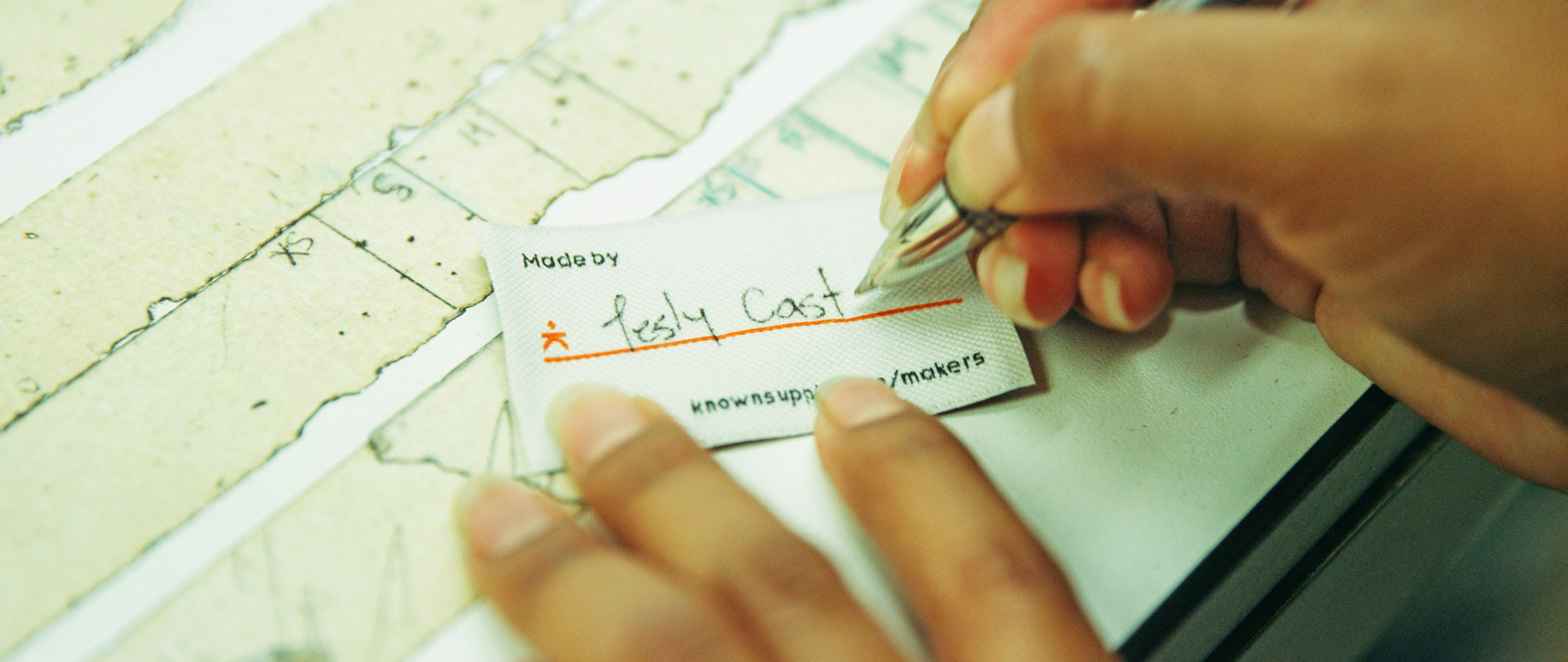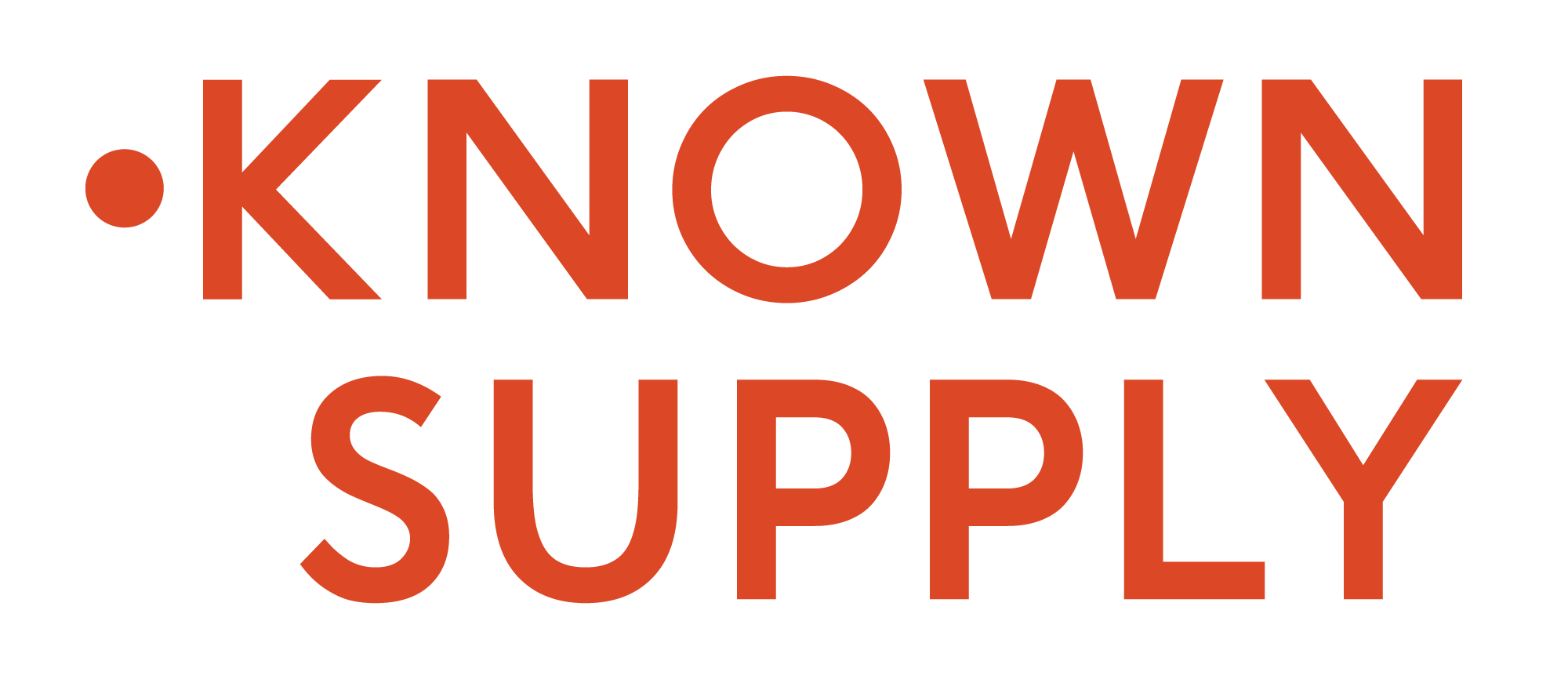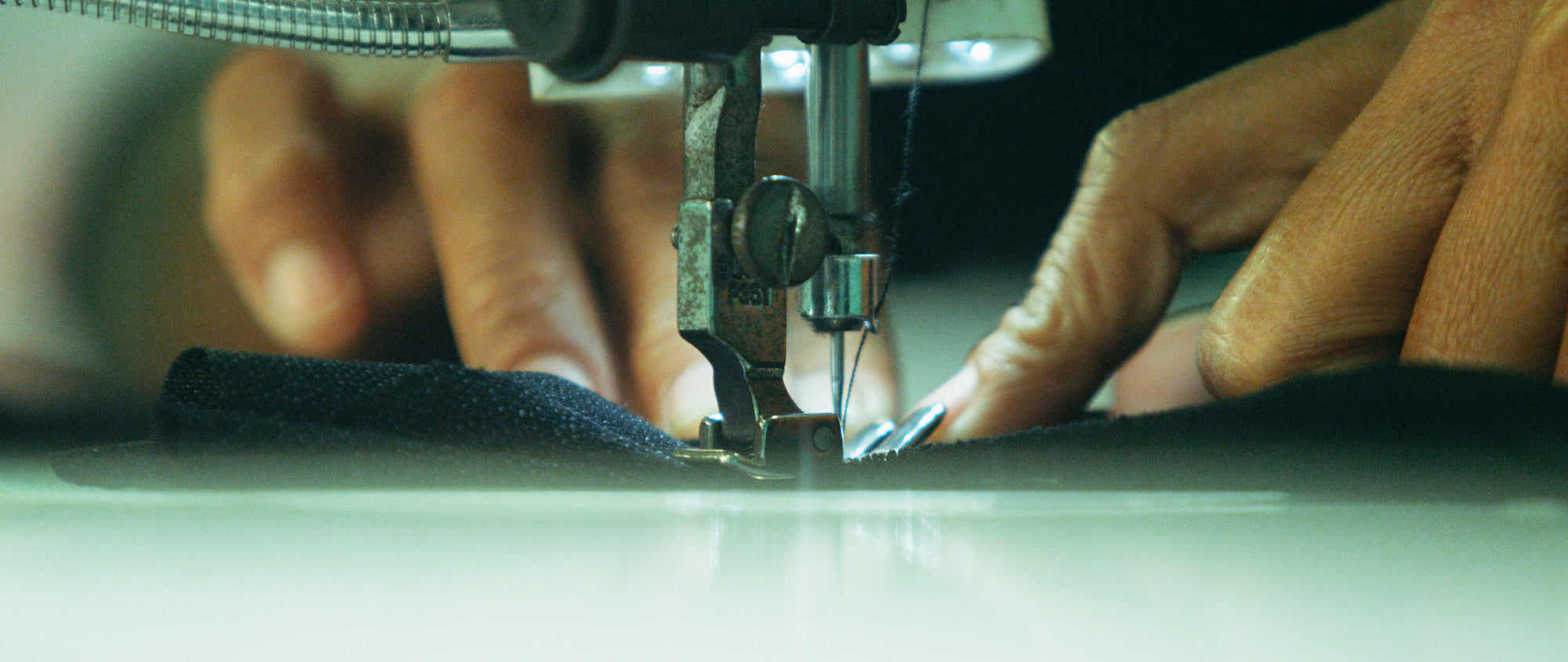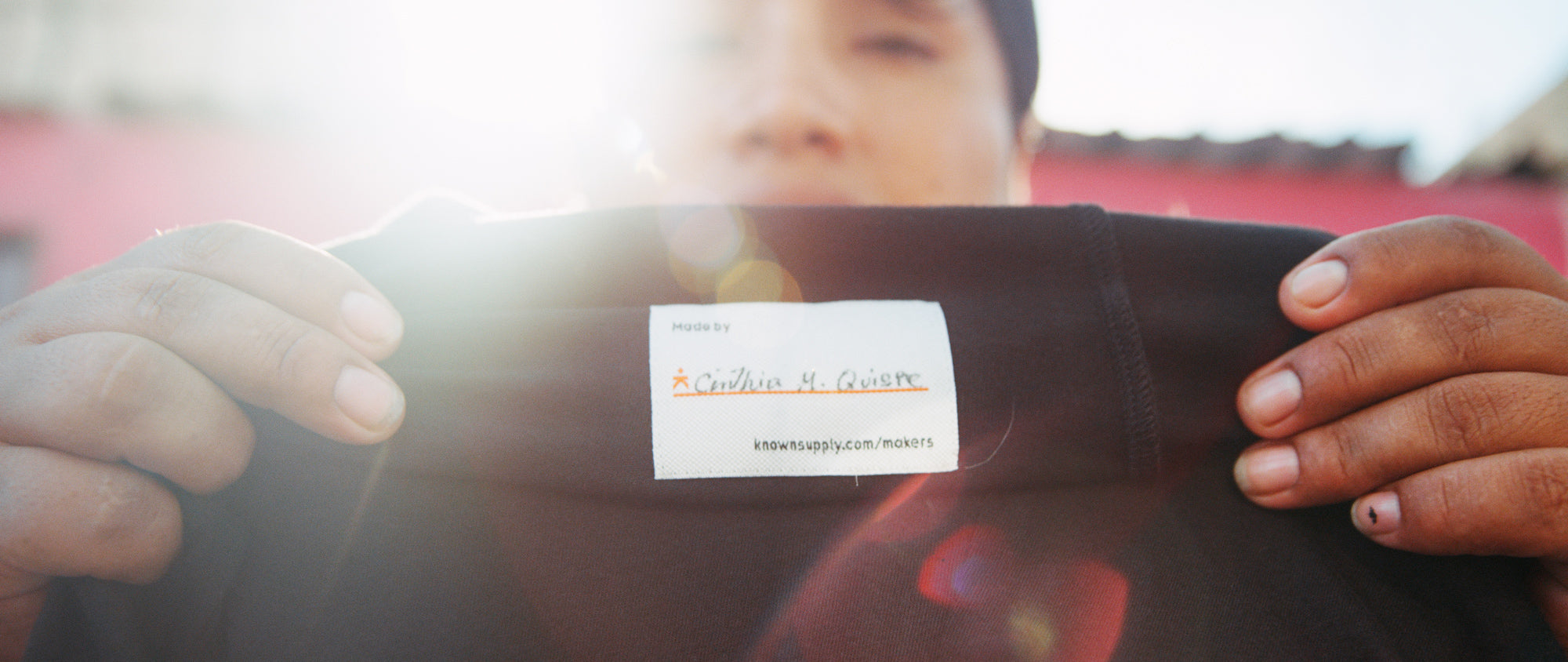
An Open Letter to Social Good Businesses

Reframing How Social Good Businesses Think
Business culture as we know it is fundamentally shifting. Numbered are the days for businesses who seek to maximize bottom line profits exclusively and at the expense of all else. Not only are customers more aware of their purchasing decisions, but employees are becoming increasingly vocal about desiring purpose and goodwill in their chosen vocations. As Bob Dylan famously sang, "Times they are a changin'."
A new breed of organization has burst onto the scene to act as the counterbalance. The new kid on the block is waving the "social good" flag and finding ways to leverage everything from supply chain to earnings to create all types of positive impact in the world. And some of these businesses are earnestly doing a good job at striking the balance of profit and purpose.
I do have one major qualm with the booming trend in social good businesses, however, and that is there exclusivity. This isn't a new concept, as we've seen it play out in serious ways throughout the non-profit sector, but one thing we must be aware of is how far we are willing to hold hostage the goodwill our work is accomplishing so that we can be differentiated in the marketplace. Let me explain...
10 years ago my friends and I set out to provide meaningful work to war affected mothers in Northern Uganda. We taught a small group of women how to make headwear, we started a brand, and we worked to educate customers about the positive impact their purchases had. Our unique take on our product and how we proved the "social good" of our work was to have the makers sign each completed piece, so our customer could come to learn about the specific person who made their product.
Fast forward a few years and our brand had some great success, we expanded our product offering and started a second location in Peru, but the concept for a consumer to know WHO made their product was still very isolated. We were one small brand trying to shift an industry on our own. It became clear that we were limiting the impact of our work, by holding onto it too tightly.
Truly, if we are honest with ourselves, isn't the point of leveraging business principles to generate goodwill for people and the planet something we all should be doing? Don't we all win if more businesses are weaving positive values into their business operations? Then why do we insist on setting ourselves apart to tout our brand as THE social good solution?
That's why we started KNOWN SUPPLY. To take this concept -- this alternative way of viewing your clothing by having a human story attached to it -- and give it away to all those who share our value system. Then, as more of us choose to put people first through our clothing purchases, more people will be exposed to this fresh alternative. And our mission will be accomplished at significantly greater scale.
Social good in business is an incredible movement that is taking place in our present age. My encouragement is to not squelch it by holding on too tightly to the thing that you feel differentiates your brand, because in doing so you may be in contradiction to the cause you set out to accomplish: to help the most people possible. While we're extremely proud of our social impact, we (collectively) need to be looking for ways to build bridges and engage the rest of the business community in that very work.





